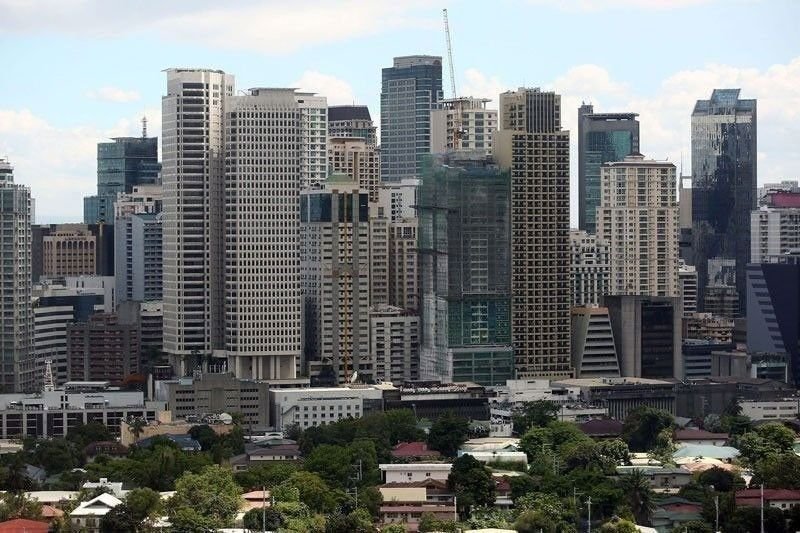August 13, 2025 | 12:00am
MANILA, Philippines — The nation’s fiscal deficit is predicted to widen to 6 % of gross home product (GDP), signaling a slowdown in fiscal consolidation efforts amid rising international financial headwinds, a research confirmed.
A research by BMI Nation Danger & Business Analysis discovered that 2025 introduced a more difficult exterior setting, doubtlessly hindering efforts and straining the Philippines’ already restricted financial coverage area.
“Washington is making ready to impose 19 % tariffs on all imports from the Philippines. If absolutely applied, this is able to additional dampen exterior demand and add to current structural weaknesses,” based on the BMI report.
The Cupboard-level Growth Finances Coordination Committee expects the debt-to-GDP ratio to ease to five.5 % this 12 months from the 2024 degree of 5.7 %.
For the six-month interval, the price range deficit rose by almost 25 % to P765.5 billion from the P613.9 billion final 12 months as spending outpaced income development from January to June.
A price range deficit signifies that the federal government is spending past what it earned from income collections, though at a slower tempo this time round.
BMI estimates that authorities spending would wish to extend by one share level from the present degree of 21.9 % of GDP to satisfy its medium-term development goal.
“The Philippines’ public funds stay fragile, with the debt-to-GDP ratio having risen to round 60 % from the pre-pandemic degree of 40 %. This locations the nation among the many regional laggards in fiscal restoration,” it stated.
BMI stated elevated borrowing prices and a slim income base limit the nation’s skill to supply large-scale fiscal assist with out undermining debt sustainability.
By the top of June, the debt-to-GDP ratio of the Philippines was at 63.1 % from the primary quarter’s 62 %.
The analysis discovered that the complete influence of US tariffs and broader commerce fragmentation stays unsure, as geopolitical tensions and provide chain shifts make potential financial penalties tough to quantify. It famous that the influence could also be much less extreme than feared.
“Policymakers are unlikely to rely solely on fiscal spending. As an alternative, we anticipate a extra balanced coverage response that features financial easing, focused subsidies and efforts to diversify commerce companions, notably inside ASEAN and the Indo-Pacific area,” it added.
BMI stated the Philippines should select between accepting structurally slower GDP development and increasing its fiscal adjustment timeline, as restricted fiscal area and mounting exterior dangers take a look at the federal government’s skill to keep up stability.


